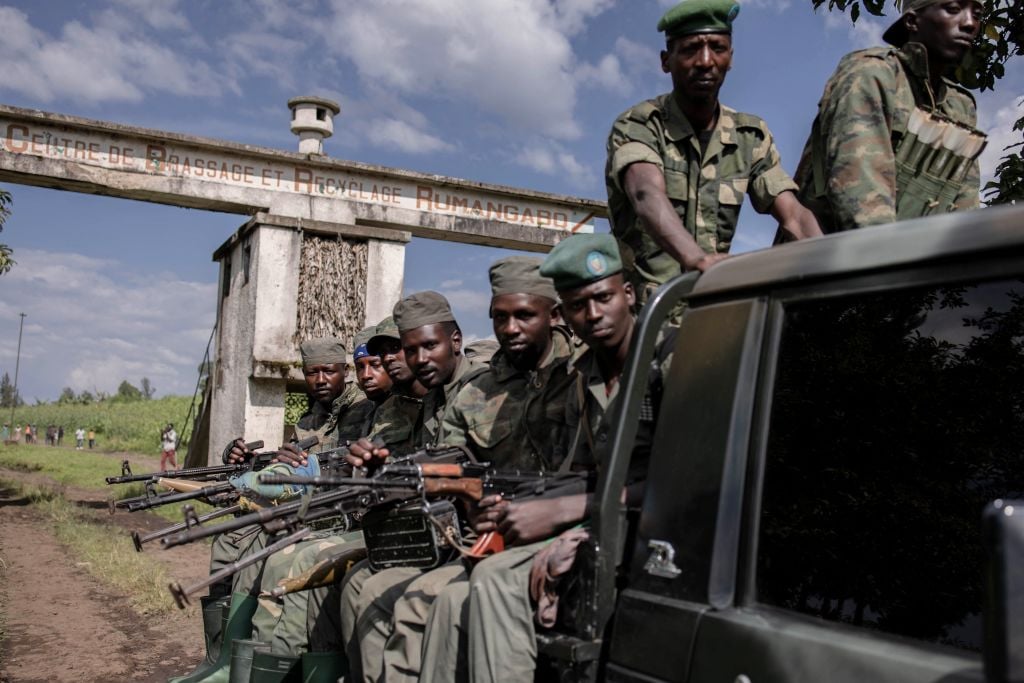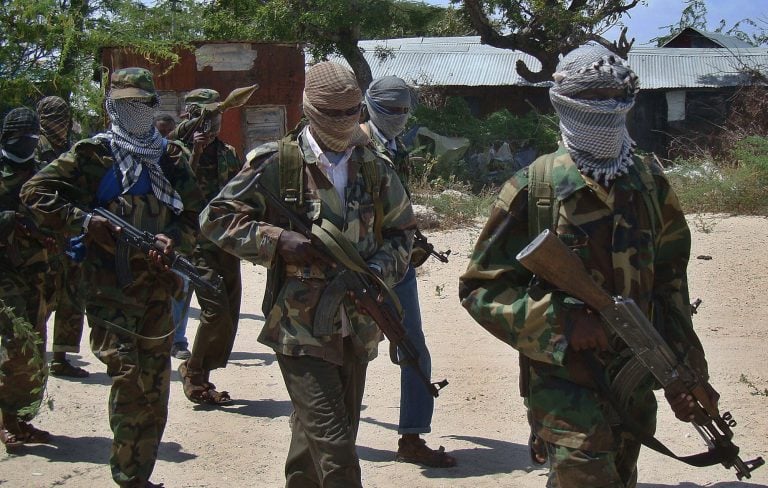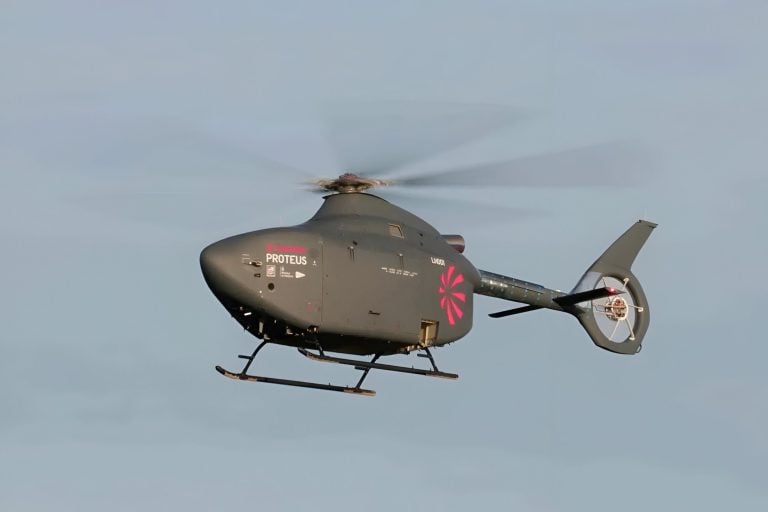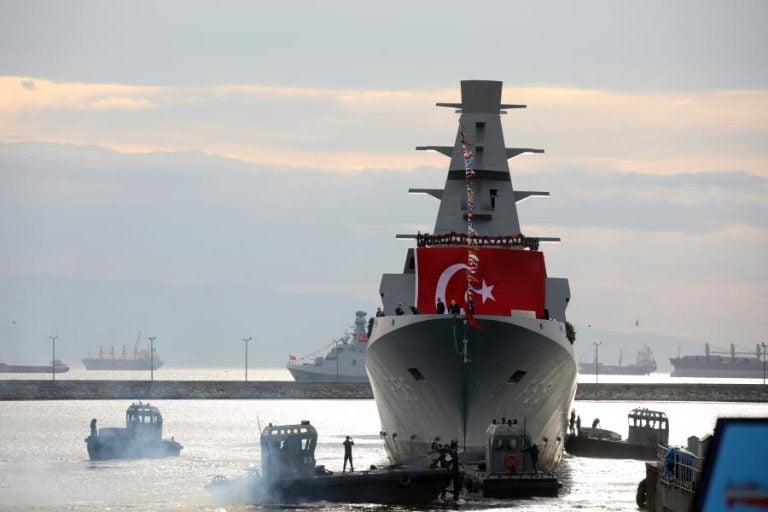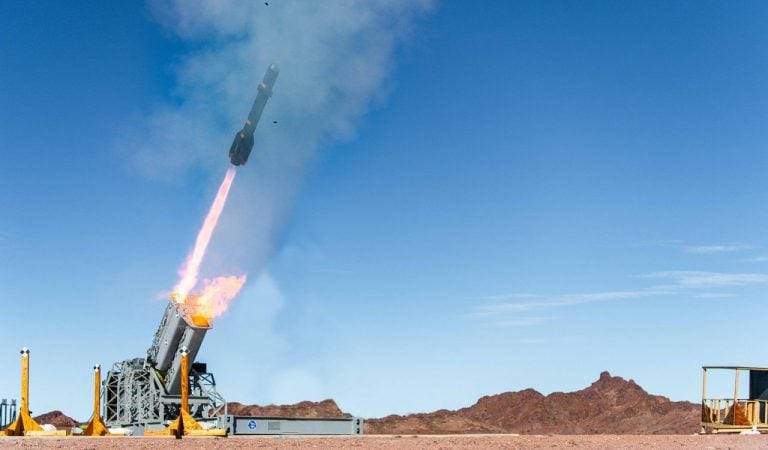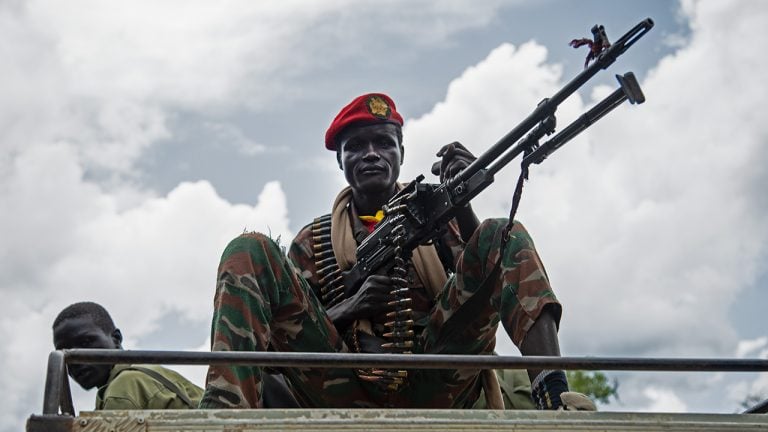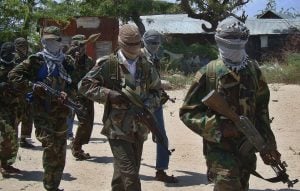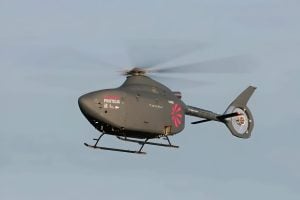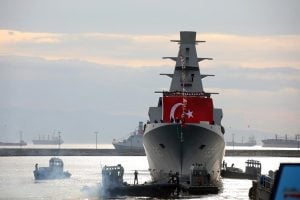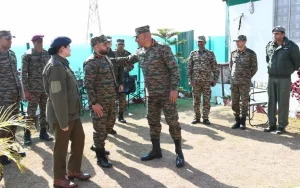The M23 movement, bolstered by an estimated 4,000 Rwandan soldiers according to United Nations experts, has gained significant control over eastern Democratic Republic of Congo, a region known for its abundant natural resources. This rapid advance has forced thousands of residents to flee their homes. Last Sunday, fighters from the M23 took control of Bukavu, the provincial capital of South Kivu, shortly after capturing Goma, the capital of North Kivu and the primary city in the region.
In response to these developments, the UN Security Council passed a resolution condemning the offensive by the M23, which has been operating with the backing of Rwanda’s Defense Forces. The resolution strongly urges Rwanda to cease its support for the M23 and withdraw its forces from Congolese territory without preconditions. This call for action came after a similar demand for an immediate ceasefire by all parties was made previously, indicating a growing international focus on the conflict.
The M23’s recent territorial gains have led to its control over Lake Kivu, prompting an exodus of more than 50,000 Congolese fleeing to neighboring countries such as Burundi and Uganda due to the escalating violence. The European Union has taken an active stance by summoning Rwanda’s ambassador, insisting that Kigali withdraw its troops and halt its support for the armed group.
U.S. Secretary of State Marco Rubio, in a conversation with Kenyan President William Ruto, emphasized the need for an urgent ceasefire, asserting that “there is no military solution to the conflict.” Despite international calls for peace, the Congolese armed forces appear to be faltering, with reports indicating significant retreats without substantial resistance. Observers note that few Congolese soldiers are actively combating the M23, with only the pro-Kinshasa Wazalendo militia remaining engaged in the fight.
In the Masisi region, the M23 continues to clash with Wazalendo forces on nearly a daily basis, as reported by the medical charity Médecins Sans Frontières (MSF). The M23 is now advancing towards Uvira, a town close to the Burundian border, seen as a potential escape route for Congolese soldiers fleeing the conflict. In Uvira, the local military leadership has implemented measures to secure civilian safety, including detaining some “undisciplined” soldiers. However, chaos reigns as hundreds of military personnel and their families traverse the town on foot towards the port.
The situation is dire, with reports of at least 423 inmates escaping from Uvira prison and incidents of armed robbery by assailants against local residents. Witnesses have expressed their fear, citing a lack of safe passage as soldiers confronting them resort to theft. Aline Nyota, a displaced person from Lubero, described her encounter with fleeing Congolese soldiers who robbed her of her belongings, stating, “If you hesitate, they shoot.”
In another troubling development, while some Congolese soldiers have abandoned their posts in the strategic town of Lubero, others remain but have been implicated in looting. The Congolese army spokesman has called for these soldiers to return to their ranks and cease acts of violence and theft against civilians.
Amid these tumultuous events, schools have closed in central Lubero, and traders have removed their goods in preparation for potential instability. A brief sense of calm returned to the area with the involvement of Ugandan troops, who were deployed in a joint operation with Congolese forces, although questions linger about how these troops would react if they encountered M23 fighters, particularly given allegations that Uganda maintains ties with the M23 while trying to safeguard its influence in the region. Ugandan President Yoweri Museveni has publicly denied intentions for his troops to engage with the M23 forces directly in the ongoing conflict.
